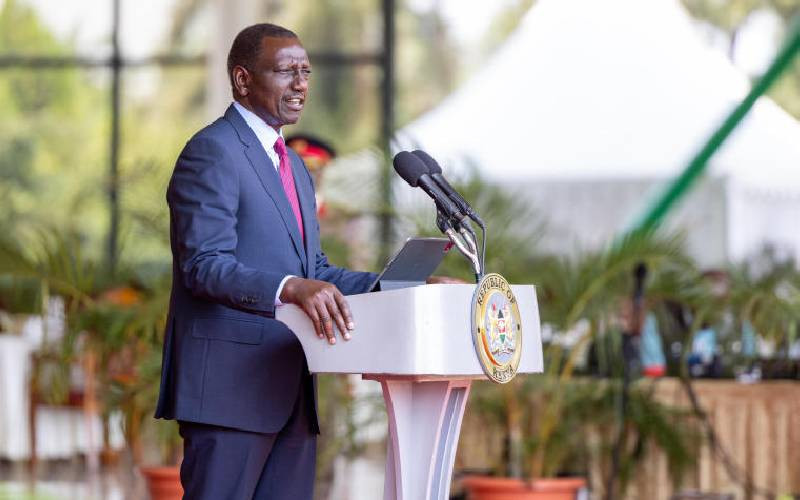×
The Standard e-Paper
Stay Informed, Even Offline

There is panic and anxiety among government officials after President William Ruto announced a raft of radical changes to accommodate demands by the youth that he reorganises his government.
In one fell swoop, the President rendered 47 chief executive officers of State corporations jobless and left hundreds of staff gasping for breath after declaring that the entities would be dissolved.






